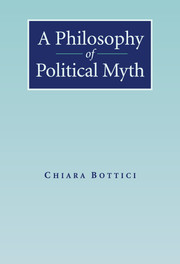2 - The Biblos and the Dialectic of the Sacred Logos
Published online by Cambridge University Press: 24 July 2009
Summary
While it was still possible in the Hellenistic epoch to produce an intellectual and artistic movement such as that of aetiology, this would have been impossible in the Christian epoch. The aim of aetiological poetry was to narrate the origins of things by re-elaborating mythological material. It was not only a manifestation of the Alexandrian taste for erudition, willing to recover ancient traditions, but also an expression of the desire to provide a meaning to features and aspects of ordinary life – a need that became particularly acute as the system of the polis declined. Aetiological poetry, as represented by Callimachus' Aitia, aimed to overcome the sense of displacement produced by such a decline, and it did so by re-elaborating the contingency of reality through the identification of its origins – understood in the sense of the Greek aitia. This approach entails a relationship with myth and its plurality that is impossible in a Christian worldview. But why is this impossible?
In order to understand what happened to the concept of myth, we have to look at the transformation of the other side of the dichotomy: the logos. With Christianity mythos and logos were given completely new meaning. The genealogy of myth begins with the term logos, which originally simply meant “word”, or “discourse”, and was therefore almost a synonym of mythos.
- Type
- Chapter
- Information
- A Philosophy of Political Myth , pp. 44 - 61Publisher: Cambridge University PressPrint publication year: 2007

